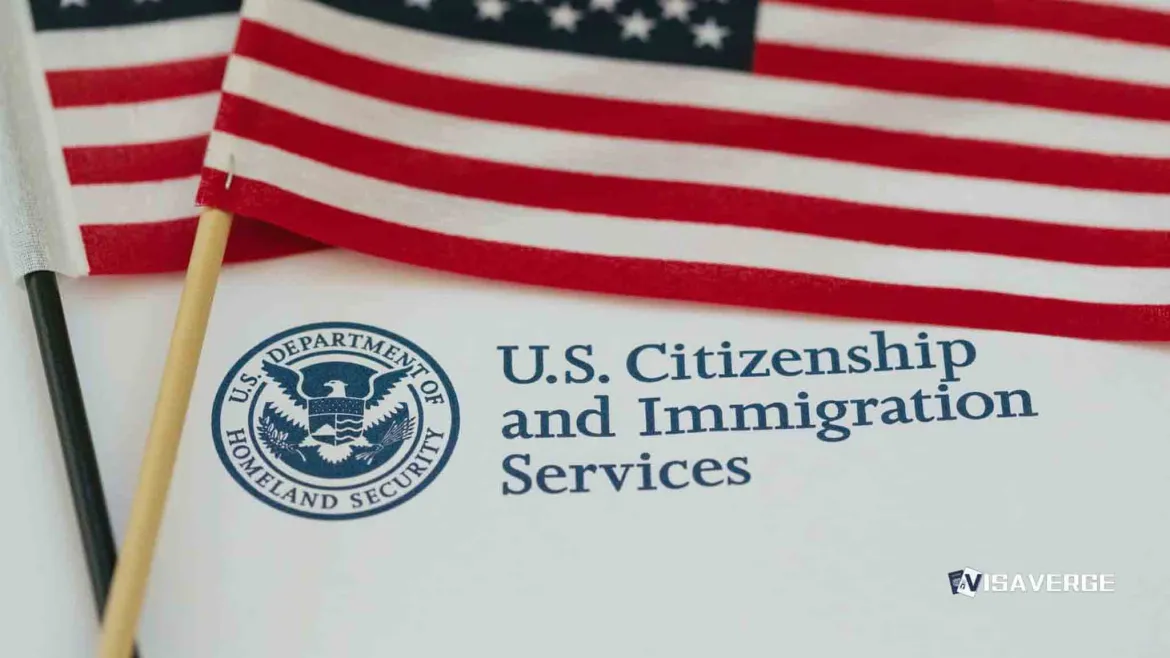Key Takeaways
01
The FLSA mandates minimum wage and overtime pay, impacting non-profits, who must comply despite budgetary constraints.
02
Non-profits must classify workers correctly and distinguish volunteers to avoid legal penalties under FLSA requirements.
03
Staying informed about legal changes helps non-profits uphold fair labor standards and maintain their reputation and effectiveness.
FLSA’s Impact on Non-Profits
Non-profit organizations, integral to sectors like health and education, must comply with the Fair Labor Standards Act (FLSA), which sets wage, hour, and work condition standards. Despite being mission-driven, non-profits face significant challenges adhering to these requirements.

Why it matters: The FLSA ensures fair treatment for workers, regardless of the employer’s profit status, mandating minimum wage and overtime, which affects how non-profits operate.
The big picture:
– Historical Context: Since its inception in 1938, the FLSA has aimed to prevent unfair wages and excessive hours, adapting over time to include various employer types, like non-profits.
– Scope: The act requires non-profits to pay at least the federal minimum wage and overtime unless exemptions apply.
What they’re saying:
The U.S. Department of Labor underscores the importance of compliance, with penalties for violations potentially damaging non-profits’ reputations and financial stability.
State of play:
– Minimum Wage & Overtime: Even if funded through donations, non-profits must adhere to these rules or face legal repercussions.
– Volunteer Labor: Proper classification is crucial, as volunteers differ legally from employees, affecting wage law applicability.
Yes, but: Some states are considering stricter rules, which could further complicate operational challenges in balancing volunteer work with legal requirements.
By the numbers:
– $7.25/hour: The current federal minimum wage, although some states have higher rates.
– 40+ hours/week: Triggers FLSA-mandated overtime pay unless exemptions are met.
Between the lines:
Raising the federal minimum wage is a hot topic, directly impacting non-profits’ financial planning and potential restructuring.
The bottom line: For non-profits, adhering to the FLSA is crucial to fulfilling their missions ethically and legally. Staying informed about legal changes ensures continued alignment with labor standards.
Taking a Closer Look
The Fair Labor Standards Act (FLSA) is an important law in the United States 🇺🇸 that sets basic rules about pay, work hours, and other work conditions. It aims to ensure fair treatment of workers across many sectors, including non-profit organizations. While non-profits, such as charities and religious groups, perform valuable services, they are not exempt from the FLSA’s wage and hour requirements. This article will explore how the FLSA applies to non-profits, its historical context, how it is enforced, and what it means for these organizations.
When the FLSA was established in 1938, its primary goal was to protect workers from unfair wages and excessive working hours. It introduced the minimum wage, required payment for overtime work, and restricted child labor. The act reflects a key moment in American labor history, addressing the growing concerns of worker exploitation during the Industrial Revolution. While initially focused on businesses, the scope of the FLSA has expanded over decades and now covers many different types of employers, including non-profits.
For non-profits, understanding and complying with the FLSA is crucial. Because these organizations often rely on volunteers and limited budgets, they face unique challenges in meeting the act’s requirements. Let’s break down some key terms and concepts as they apply to these groups:
- Minimum Wage: The FLSA mandates that employers pay their employees at least the federal minimum wage, which is currently $7.25 per hour. However, some states have their own minimum wage laws, which might be higher than the federal rate. Non-profits must comply with the higher wage when applicable.
-
Overtime Pay: According to the FLSA, employees who work more than 40 hours a week must receive overtime pay at one and a half times their regular rate. This rule applies unless the employee qualifies for an exemption.
-
Exempt and Non-exempt Employees: Exempt employees usually do not qualify for overtime pay. This can include certain executive, administrative, or professional employees. Non-profit organizations must carefully classify their employees to avoid legal pitfalls.
-
Volunteer Labor: Volunteers are a cornerstone of non-profit work. The FLSA distinguishes between volunteers and employees, with volunteers not being subject to wage and hour laws. However, non-profits must not confuse this distinction, as improperly classified workers could trigger legal issues if they do the same work as paid staff.
-
Engagement in Commerce: The FLSA’s rules apply to non-profits engaged in activities involving interstate commerce. If a non-profit sells goods or services across state lines, they might be required to follow FLSA guidelines.
The enforcement of the FLSA falls under the U.S. Department of Labor’s Wage and Hour Division. This agency investigates complaints, conducts audits, and ensures compliance. Non-profits violating FLSA rules might face fines, back pay requirements for employees, or other penalties. Therefore, it is vital for these organizations to regularly review their practices and ensure alignment with statutory requirements.
Non-profits often work in sectors such as health, education, or social services, where wage and hour laws present both an operational challenge and a legal obligation. The balance between leveraging volunteers and meeting legal wage standards can be delicate. Yet, non-profits must work within these regulations while fulfilling their mission-driven goals.
Some recent changes in regulation and legal precedents have stirred debates around the FLSA’s application to non-profits. For example, discussions around raising the federal minimum wage impact not just businesses but also non-profits, which may struggle to keep up with higher salary demands without altering their organizational mission.
Additionally, case law has evolved to address how non-profits handle compensation. For instance, in some rulings, courts examined the criteria for classifying volunteers versus employees, emphasizing the need for clear policies to avoid unintended repercussions.
Real-world examples illustrate the complexities of compliance. Consider a local museum that occasionally hires staff for special exhibitions. Even if these are temporary positions, the museum must still meet FLSA requirements for minimum wage and overtime, ensuring correct classification of its staff as exempt or non-exempt. Failure to do so could lead to complaints and legal intervention.
Consequences of non-compliance extend beyond financial penalties. For non-profits, reputation is crucial. Failing to comply with wage and hour laws could harm an organization’s reputation, potentially affecting partnerships and community support.
Looking ahead, legislative proposals may further influence how wage and hour laws affect non-profits. While no federal changes are currently pending, some states are contemplating stricter enforcement measures and increased penalties for non-compliance. Non-profits should stay informed about these developments to avoid legal challenges.
There is some confusion surrounding how FLSA applies to non-profits, leading to common misconceptions. One such misconception is that non-profits don’t have to pay minimum wage due to their charitable status. However, FLSA’s wage requirements do apply unless a non-profit operates entirely with volunteers. Another misunderstanding is that all non-profit employees are exempt from overtime; they aren’t. Only specific roles meet exemption criteria.
For non-profit managers and leaders, resources are available to help navigate these complexities. The Department of Labor’s website offers detailed guidance on compliance (visit official site), and several non-profit associations provide workshops and articles on best practices.
In conclusion, adhering to the FLSA is a vital part of non-profit management. These organizations must balance their limited resources with the need to comply with wage and hour mandates, which are designed to protect employees. Regular education on current laws, clear staff classification, and attention to changes in the legal landscape can help non-profits meet these demands while achieving their mission.
Analysis from VisaVerge.com suggests that understanding and applying the FLSA in non-profit contexts requires both diligent attention to current laws and a proactive approach to policy changes. As non-profits strive to balance mission-based work with compliance, staying informed and adapting to new legal environments is essential.
Ultimately, by upholding the FLSA’s standards, non-profits reinforce their commitment to fair labor practices, ensuring their operations reflect the values they promote in their community work.
Learn Today
Minimum Wage: The lowest hourly pay that employers must legally pay workers, set federally at $7.25 but may vary by state.
Overtime Pay: Compensation for employees working over 40 hours a week at 1.5 times their regular pay rate.
Exempt and Non-exempt Employees: Classification determining eligibility for overtime; exempt employees generally hold executive or professional roles.
Volunteer Labor: Unpaid work by individuals, distinct from employees, with no obligation to adhere to wage and hour laws.
Engagement in Commerce: Non-profits’ involvement in interstate activities, necessitating adherence to Fair Labor Standards Act regulations.
This Article in a Nutshell
Navigating the Fair Labor Standards Act (FLSA) is crucial for non-profits, balancing budgets and compliance. Enforced by the U.S. Department of Labor, the FLSA mandates minimum wage and overtime pay. Missteps can lead to fines and reputation damage. Continuous education ensures mission-driven goals align with legal obligations, promoting fair labor practices.
— By VisaVerge.com
📚
Related Articles
01
FLSA Coverage: Employer and Employee Obligations
→
02
Employee vs Contractor: FLSA Classification Guide
→
03
FLSA Guidelines for Automobile Dealers: Wage and Hour Rules
→
04
FLSA Compliance in Manufacturing: Essential Wage and Hour Guidelines
→
05
FLSA Guidelines for Police and Firefighters: Overtime and Exemptions
→








